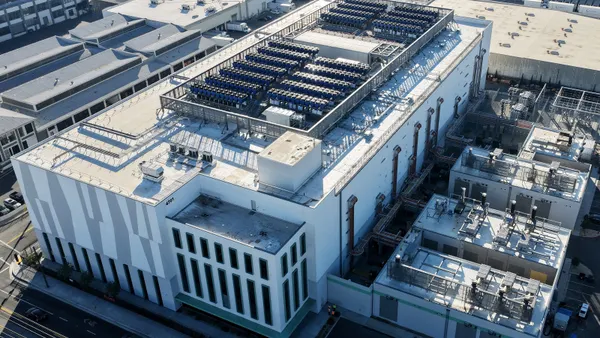Dive Brief:
- Public Service Electric and Gas Co. has filed a proposal with state regulators to spend $74 million on five energy efficiency programs, including two new initiatives and three existing ones it says are popular.
- The utility wants to continue energy efficiency efforts at a range of public buildings, commercial businesses and multifamily buildings, including hospitals and government offices.
- The two new program proposals include a smart thermostat offering and a behavioral demand management program using home energy reports.
Dive Insight:
Last summer, PSEG President, Chairman and CEO Ralph Izzo told Utility Dive that he envisioned providing "universal access" to energy efficiency programs, expanding the utility's offerings to enable widespread savings and growth.
Fast-forward eights months, and PSEG has presented a plan to the New Jersey Board of Public Utilities that would roll out new demand management programs that leverage technology and offer rebates to customers, as well as continuing three other popular programs.
Courtney McCormick, vice president of renewables and energy solutions, said in a statement that the utility's filing demonstrates a "continued commitment to energy efficiency, which is the lowest cost energy resource." The proposal also aims to support the state's Energy Master Plan by reducing overall consumption, lowering emissions and creating jobs.
PSEG's efficiency program for hospitals has upgraded 34 facilities, while its residential multi-family program served more than 13,000 individual apartments.
“These programs continue our support for energy efficiency in critical sectors like hospitals, multifamily housing, non-profits, government agencies and small businesses while also allowing PSE&G to explore innovative new energy efficiency approaches for residential customers," McCormick said.
A new smart thermostat program would offer a $150 discount from a PSE&G marketplace or third party retailers. The utility is also considering an $11.5 million pilot component to evaluate the installation of smart thermostats for multifamily and lower income customers.
A $2.5 million proposed "Residential Home Energy Reporting Program " would analyze customer power usage and make recommendations for lowering bills. As part of that program, customers would receive personalized home energy reports.













